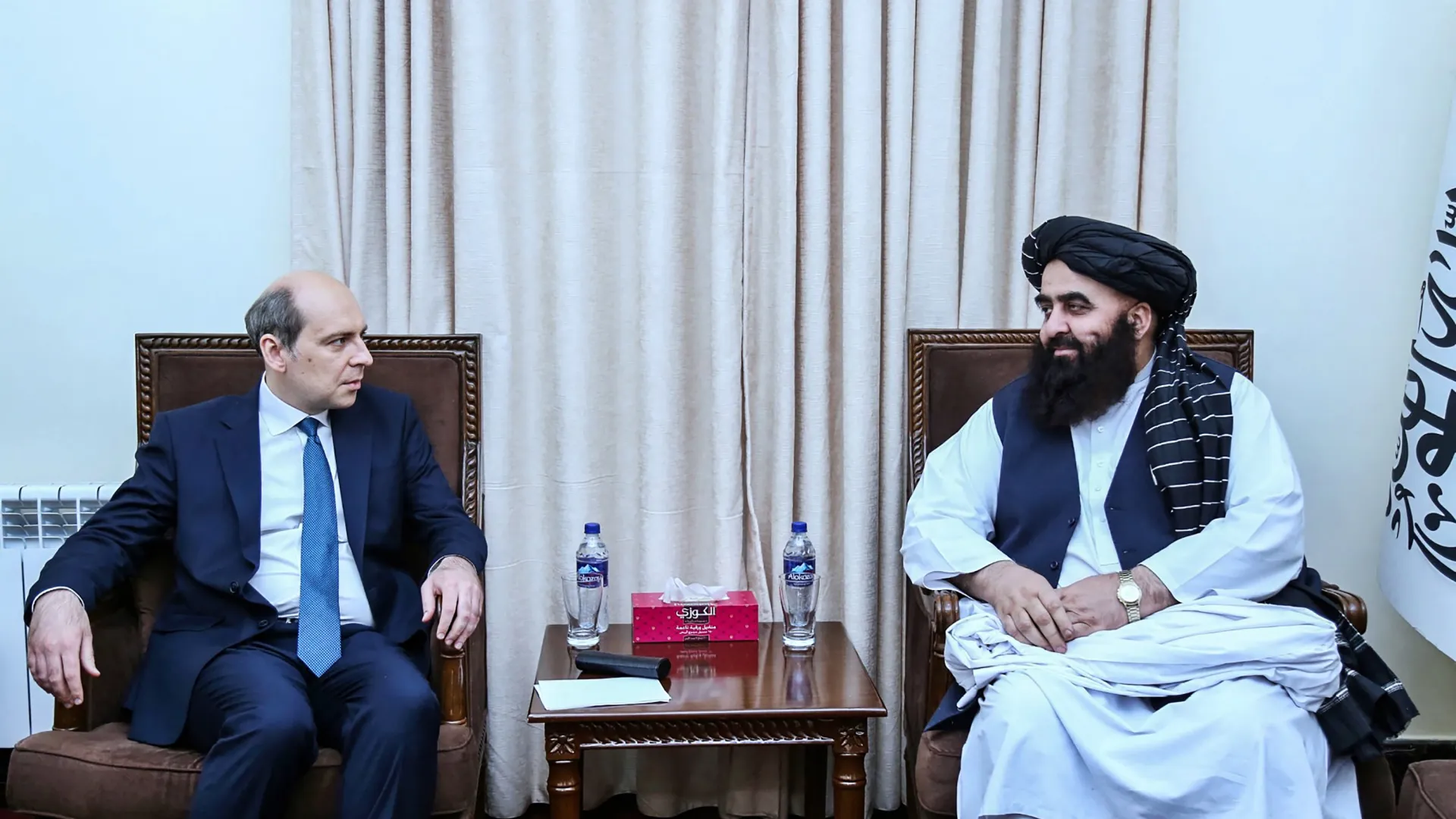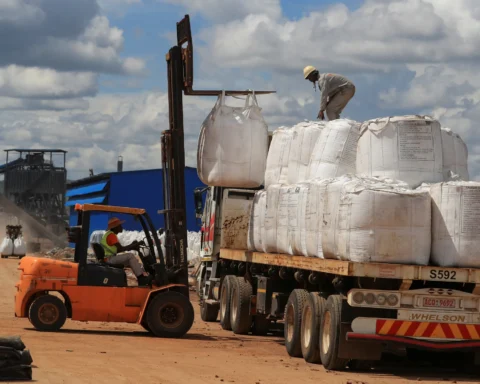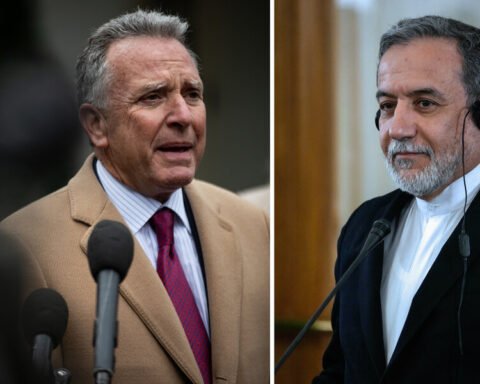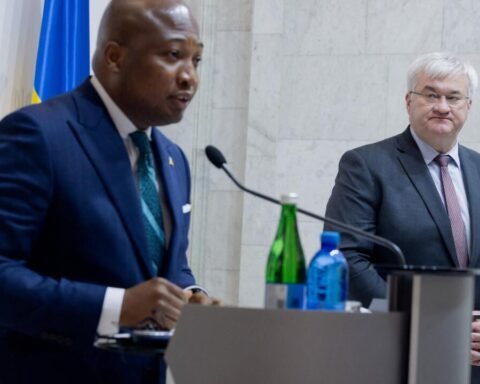The Russian government has officially recognized the Taliban as the legitimate governing authority of Afghanistan.
This significant policy shift comes after the Taliban’s takeover of Afghanistan in August 2021, signaling Moscow’s readiness to engage more deeply with the regime despite international concerns over governance and human rights.
Russian Foreign Minister Sergey Lavrov announced the decision during a press conference held in Moscow, stating that Russia now fully acknowledges the Taliban leadership. He emphasized Russia’s commitment to enhancing political, security, and economic cooperation with the Afghan government based in Kabul.
“This is a strategic step toward strengthening regional security and building enduring partnerships with the people of Afghanistan,” Lavrov said.
Russia’s move follows years of behind-the-scenes dialogue and diplomatic engagement with Taliban officials. Moscow has played a central role in convening regional discussions, particularly through the Moscow Format talks, which bring together key neighboring states such as Iran, Pakistan, China, and India to address Afghanistan’s future.
The Kremlin’s focus has been on securing Central Asian borders, countering terrorism, and combating the flow of narcotics—persistent challenges that have long impacted the region’s stability.
While Russia’s recognition marks a milestone, it diverges from the cautious stance maintained by many Western nations. Countries including the United States, members of the European Union, and other global powers have withheld formal recognition of the Taliban government. Their reservations largely stem from concerns over ongoing human rights abuses, especially restrictions imposed on women’s education and freedoms, as well as limits on freedom of speech.
Also Read; Africa’s Role with BRICS Grows More Strategic
Taliban spokesperson Zabihullah Mujahid welcomed Russia’s announcement, describing it as a “diplomatic victory” and an important step in legitimizing the Taliban government on the international stage.
Alongside political recognition, Russia has signaled willingness to expand economic collaboration with Afghanistan. Proposed areas for cooperation include investments in infrastructure development, agriculture, and energy production, reflecting broader efforts to revive Afghanistan’s fragile economy.
This recognition by a permanent member of the United Nations Security Council could influence other countries to reconsider their diplomatic approaches toward Afghanistan. It potentially reshapes geopolitical dynamics, especially as regional actors balance security interests with concerns over governance and human rights.
For historical context, the history of the Taliban movement and Afghanistan’s recent political landscape provide insights into how the situation evolved. Russia’s role in the region, detailed in Russia–Afghanistan relations, has grown through mechanisms such as the Moscow Format peace talks.







